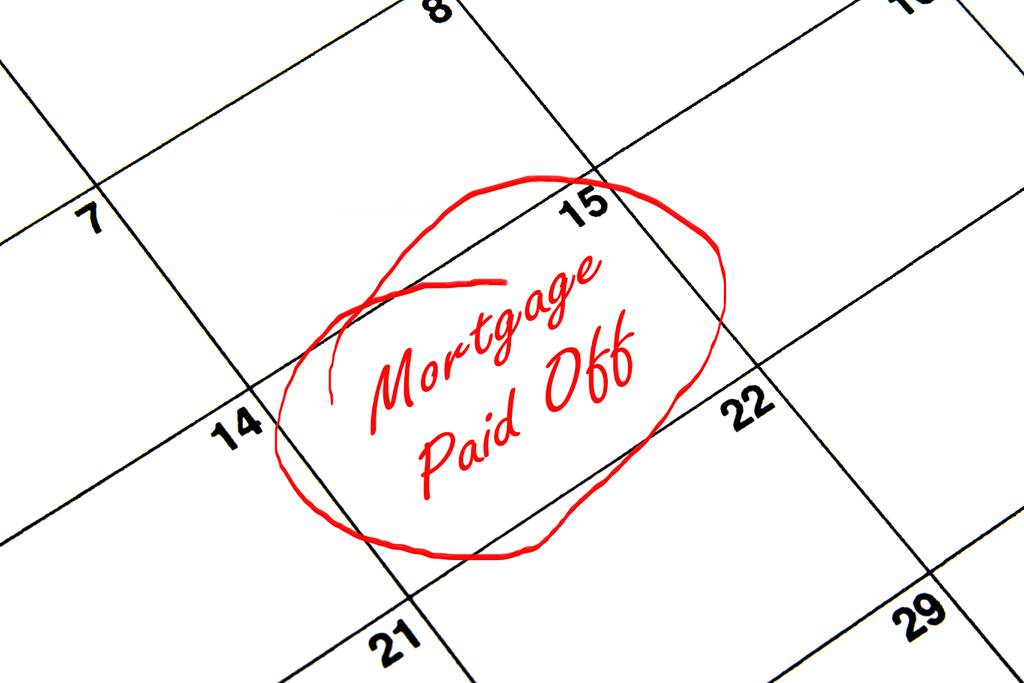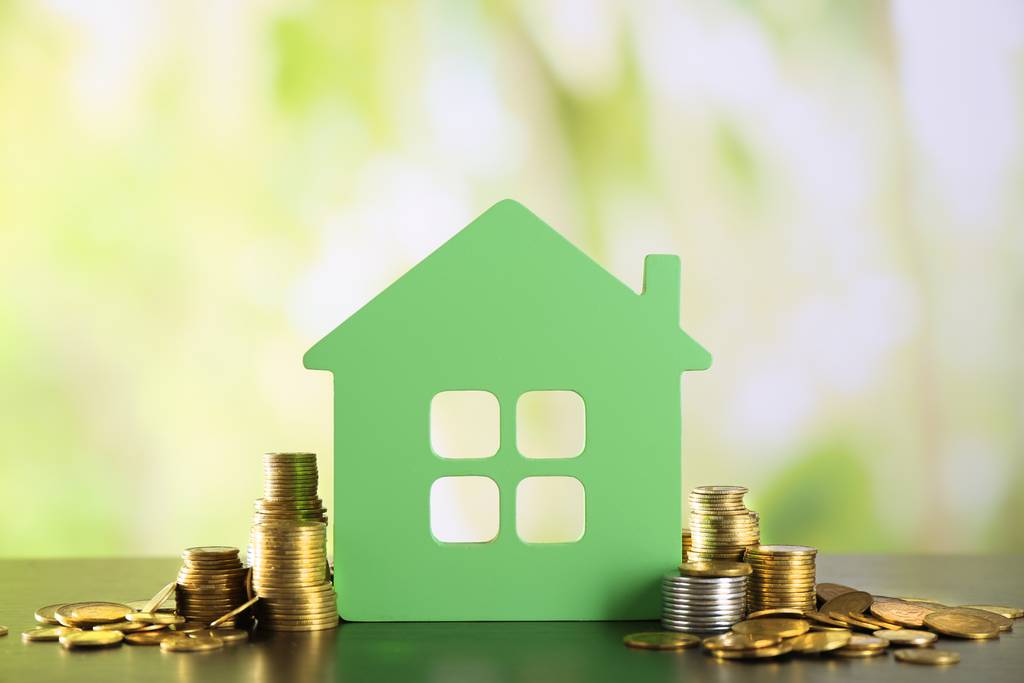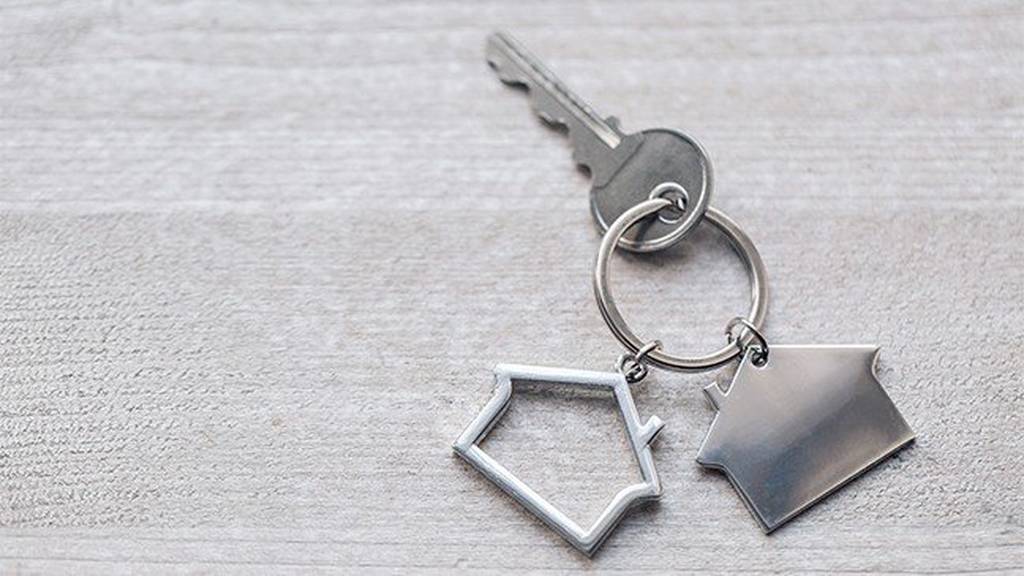One of the critical strategies involved in purchasing and owning rental properties is using leverage. In a perfect scenario, you will purchase a property primarily using borrowed money. Then, the rent income from the property will not only pay the mortgage, but it will also provide you with a small profit. Over many years, that profit will grow, and your mortgage will shrink. Eventually, you will have a property that’s a virtual cash machine.
But there may be times between now and then when you will consider whether or not you should ever pay off the mortgage on your rental property early. It’s not an easy decision, and here are some considerations.
Why You SHOULD Pay Off Your Rental Property's Mortgage Early
There are times when paying off the mortgage on your rental property early will make great sense. Some of those situations include:
When You Have a Negative Cash Flow on the Property
If the monthly mortgage payment makes you lose money on the property, you effectively subsidize your tenant’s residency. But if you can turn that into a positive cash flow by paying off the mortgage, the property will instantaneously become a successful investment, and more so as the future cash flow builds.
When You Need an Income More Than a Tax Write-Off
Many times, the reason for owning rental property is to generate tax write-offs. Those write-offs reduce your tax liability on other sources of income.
One of the reasons rental property can be so effective in generating tax write-offs is that the taxable loss of the property is usually related to depreciation. That means you have a “paper loss” on the property rather than an actual loss.

For example, let’s say that you break even on the property based on actual rent income and cash expenses. But because of depreciation, it generates a tax loss of $5,000 for the year. Even though it isn’t a real loss in terms of dollars, it can be used to reduce your tax liability on other income sources.
But if you need an actual income property, it may be better to pay off the mortgage. For example, let’s say that you have a $100,000 mortgage on the rental property. By paying it off, you’ll have an actual cash income of $800 per month. That would be an excellent reason to pay off the mortgage on the rental property.
Related: Investing in commercial real estate with RealtyMogul is an exciting way to multiply your investment in ways that aren’t often possible with small-scale real estate.
When You Want to Retire
As a general rule, debts of all types should be paid off once you reach retirement. Just as is the case in the example above, by paying off the mortgage on the rental property, you will maximize the monthly income that it produces. In addition, if you decide to sell the property after you retire, you will receive more cash on the sale of the property if it has no mortgage on it.
When the Return on the Paid Mortgage Is Higher Than What Else You Can Invest In
This is where you have to crunch some numbers. Let's say that the mortgage on the rental property has an interest rate of 6%. You have also been averaging an annual rate of return of 4% on your investment portfolio over the past several years.
Since the interest rate on the mortgage is higher than the rate of return on your portfolio, you'll come out ahead by paying off the mortgage. You may be exchanging money invested in your portfolio at 4% per year to pay off a 6% mortgage. That will represent a return on your money that is 2% higher than what you are currently getting.
Related Question: Should You Invest or Pay Off Debt?
That strategy might actually make sense in today’s super low-interest rate environment. In truth, it’s much more valid to compare the rate of return on fixed-rate investments with the interest rate you are paying on a mortgage. That’s because both rates are certain.
Returns on a stock portfolio may not be entirely valid because they fluctuate over time. There are years in which stocks will easily outperform the rate you’re paying on the mortgage. There are others when they will seriously underperform.
In that regard, paying off the mortgage on your rental property may be an even better long-term bet. This is especially true if you believe that the stock market is heading down or is entering what could prove to be a long-term bear market trend. Paying off a 6% mortgage on a rental property could prove to be a windfall when compared to a market in which you may lose 25% or more of your stock portfolio over the next three or four years.
Related: 8 Ways to Pay Off Your Mortgage Early
Why You Should NOT Pay Off The Mortgage Early
Just as there are times when paying off the mortgage on your rental property early makes perfect sense, there are also times and circumstances where you probably won't want to do it.

Examples include:
When You Need Leverage to Buy More Rental Properties
The most basic problem with paying off the mortgage on a rental property early is that it requires capital. In fact, it usually requires a lot of it. Once you pay off the mortgage, you lose access to that cash. It represents capital that can be used to purchase other rental properties.
If you have one rental property that’s providing a comfortable return on the investment, you may want to purchase other rental properties in the future. Paying off your current rental property early will certainly improve the cash flow on that particular investment. However, it may deny you the ability to purchase similar investments in the future.
When You Need a Tax Write-Off
If you do need a tax write-off to reduce taxable income sources, you may not want to pay off the mortgage early. Of course, this usually only makes sense when the loss on the rental property is the type of paper loss that we discussed earlier. That's the kind where you're at least breaking even on the property on a cash basis, but depreciation expense is creating a taxable loss.
If that tax loss is important to your income tax situation, you'll almost certainly want to keep the mortgage outstanding.
You Have a Positive Cash Flow, Even With the Mortgage
If you have an actual positive cash flow on the property even with the mortgage - meaning that the rental income more than covers the mortgage payment, property taxes, insurance, maintenance, and other expenses - you probably won’t want to pay it off.
Related: The 1% Solution - How to Determine if a Rental Property is a Good Investment
The basic idea is that the rental income is both providing you with a monthly profit while at the same time gradually paying down the mortgage until it is paid in full when your cash flow will really take off. That’s a successful real estate investment. It’s also one that’s probably best left undisturbed by major strategies - like paying off the mortgage early.
You Can Earn a Higher Return on Your Capital Than You’re Paying in Interest on the Mortgage
Let’s say you’re earning 7% on your investment portfolio, and the property’s mortgage has a rate of 6%. By paying off the mortgage early, presumably by liquidating part of your investment portfolio, you’ll actually lose money on the exchange. That’s because the rate of return on your investment portfolio is higher than the interest rate on the rental property mortgage.
Just be careful that you’re comparing “apples-to-apples” when doing this. Meaning, be sure that the rate of return you will receive on your investment portfolio represents at least a relatively stable income. That means primarily your interest or dividend income. Since higher-yielding investments, including interest and dividend-yielding securities, tend to be riskier at higher returns, you also have to factor your current level of portfolio risk into the mix.
Related: A Step-by-Step Guide to Rebalancing Your Investments
If you’re considering whether to pay off the mortgage on your rental property early, you’ve got some thinking to do. It will all depend upon your personal circumstances. You should take into account the rate you’re paying on the mortgage. And, of course, ask the opportunity cost question of, ”What else could I be doing with the money?” other than paying off the mortgage.









